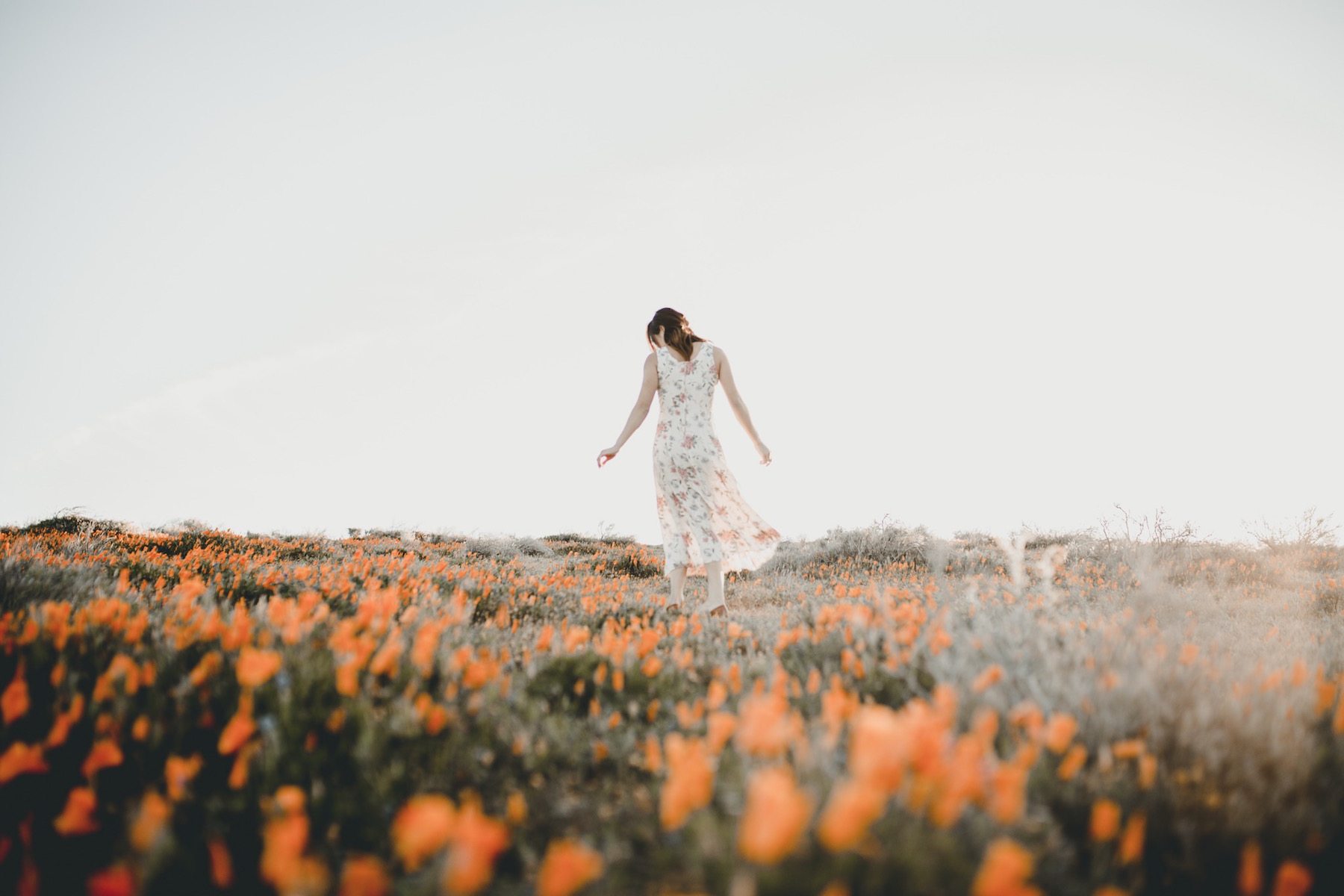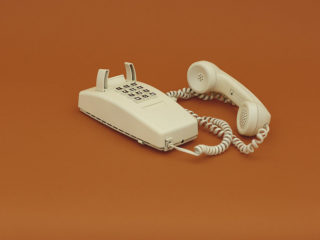Spring is a beautiful season; however, for those who suffer from seasonal allergies, it can be a time to run, hide and cringe at the sight of flowers. How do you know if you have seasonal allergies? Starting in February through the early summer months, there is an increase in pollen and mold, which are common triggers of seasonal allergies. If you have symptoms of coughing, sneezing, an itchy nose and eyes, and/or a runny nose during this time, then you may have seasonal allergies.
Even though spring’s flowers are unavoidable, there are certain things you can do to eliminate the chances of triggering your allergies.
Take allergy medication 30 minutes to one hour before going outside.
Do what you can to prevent your body from getting triggered by allergens so you can enjoy the great outdoors. This may seem like common sense, but many people make the mistake of taking their allergy medication too late.
By taking your allergy medication before going outside, you are preventing the release of histamine. Histamine is released by your body when exposed to allergens causing allergy symptoms such as coughing, sneezing, an itchy nose and eyes, and/or a runny nose. The best thing you can do is to prevent the release of histamines.
Check the day’s pollen count.
Check the pollen count for the day. The pollen forecast measures the quantity of pollen grains in the air. The higher the amount of pollen grains, the more likely your allergies will be triggered. If the pollen count is high, then avoid going out that day and instead consider participating in an indoor activity such as rock climbing, bowling, pilates class or a dance class; however, if you have to go outside, keep in mind the pollen count tends to be the highest during the morning and early afternoon. It would be best to schedule activities later in the day, if possible.

Wear a hat and glasses.
This is a good option for people who must go outside during a high pollen count day. By wearing a hat and some sunglasses, you will decrease the chance of pollen attaching to your hair, face or getting into your eyes and nose.
Limit the amount of pollen you bring inside.
Do everything you can to eliminate bringing pollen and dust into your home. The last thing you need is a house full of pollen. You can do this by leaving your shoes outside, changing your clothes once you get home and taking a shower to wash off any extra pollen grains that happen to get stuck in your hair or skin.
Spring does not have to be dreaded but can be enjoyed! Trying these simple and effective tips and you will find yourself enjoying the outdoors more than before.
Do you deal with allergies during the spring? What are the best remedies you’ve found?
Image via Juliann Cheryl












3 comments
Probiotics were the catalyst for me to kick my allergies forever. One thing I’ve learned from my experience is that allergies aren’t something you just have to deal with. Good gut health can help so many issues!
Whoa! Had no idea you can check the pollen count!
My nose acts up more than usual during spring. Not sure if it’s the pollen since I live in the city area, but the changing weather and temperature definitely does not help!
–
Charmaine Ng | Architecture & Lifestyle Blog
http://charmainenyw.com